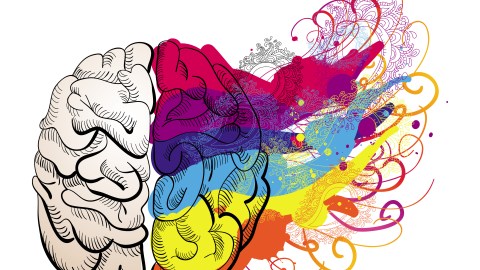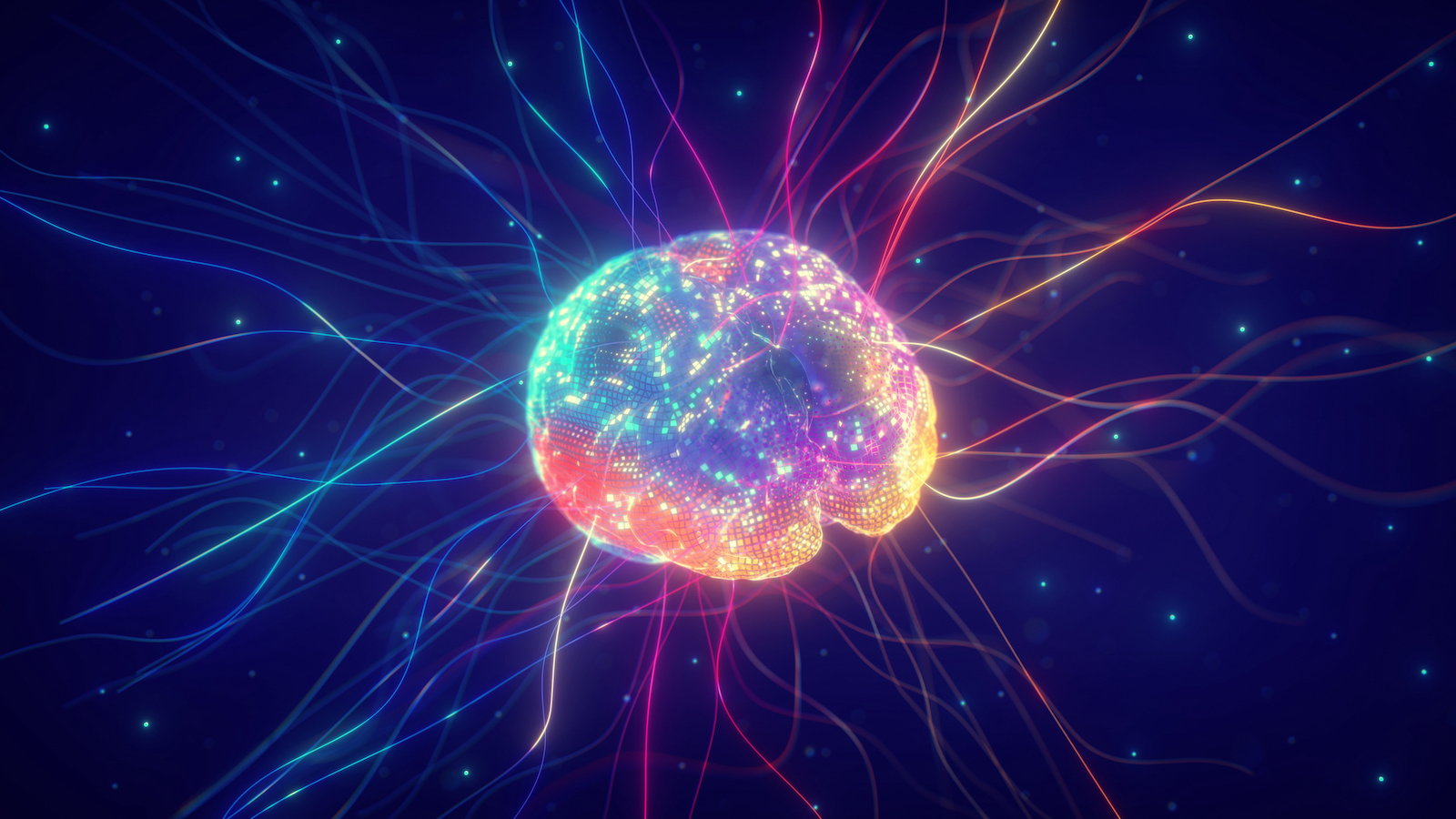Brain Implant Will Recover Lost Memories

In just four years, the experimental research wing of the US military, named DARPA, plans to market a medical device that can recover lost memories. Intended for soldiers suffering from brain injury as a result of combat, the device will also work on other neurological disorders like epilepsy and Parkinson’s. Lead researcher Michael Kahana, director of the Computational Memory Lab at the University of Pennsylvania, uses modern technological metaphors to describe how memory functions in the brain:
“The memory is like a search engine. In the initial memory encoding, each event has to be tagged. Then in retrieval, you need to be able to search effectively using those tags.”
Locating those tags, i.e. finding memories that are no longer accessible to the conscious mind, depends on identifying electrical signals associated with memory encoding and retrieval. Once these signals are found, DARPA’s research team will use neural stimulation devices to amplify them, making them easier to detect and bring to the conscious mind.
While the last two decades have seen massive pharmaceutical investment in drug discovery efforts, industry observers have recently seen those levels fall off dramatically. In the near-term, electrical neuro-modulation devices show greater promise when it comes to treating neurological disorders.
And while memory retrieval may benefit those with degenerative neurological disorders, devices which disable active memories could be of more use to those suffering from PTSD. In his Big Think interview, NYU bioethics professor Matthew Liao describes such a device:
Read more at IEEE Spectrum
Photo credit: Shutterstock





